
The tariff deferral agreement, which expired at 0:01 a.m. Eastern time on August 12 (11:01 a.m. Hanoi time), will be extended until mid-November, keeping the current tariffs - 30% on imports from China and 10% on US goods entering China - instead of increasing them to 145% and 125%, respectively.
President Trump said he has a “good relationship” with Chinese President Xi Jinping and “will see what happens.” Analysts said the move, along with other recent steps to ease tensions, could pave the way for a Trump-Xi meeting in the fall.
The two sides reached a temporary truce in May after talks in Geneva, Switzerland, and met again in Stockholm, Sweden, at the end of July. US Treasury Secretary Scott Bessent has repeatedly stressed that the three-digit tariffs imposed by both sides since the spring are “unsustainable” and amount to a “trade embargo.”
Before agreeing to the extension, Mr. Trump is said to have pressed China for further concessions, including quadrupling its purchases of American soybeans, although analysts doubted its feasibility.
According to the US Department of Commerce, imports from China have fallen sharply, causing the bilateral trade deficit in June to fall to $9.5 billion - the lowest level since February 2004, down 70% compared to the same period last year.
Washington also warned of secondary tariffs, pressuring Beijing to stop buying Russian oil.
Source: https://hanoimoi.vn/tong-thong-my-ky-gia-han-hoan-ap-thue-voi-trung-quoc-them-90-ngay-712258.html




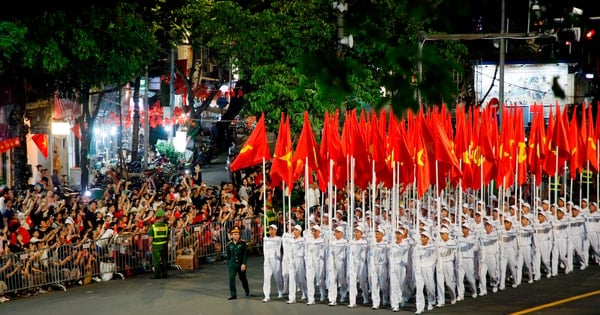


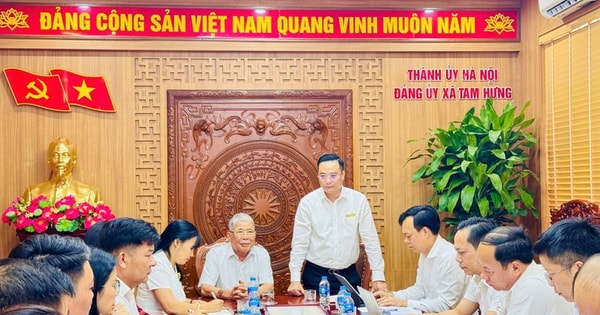
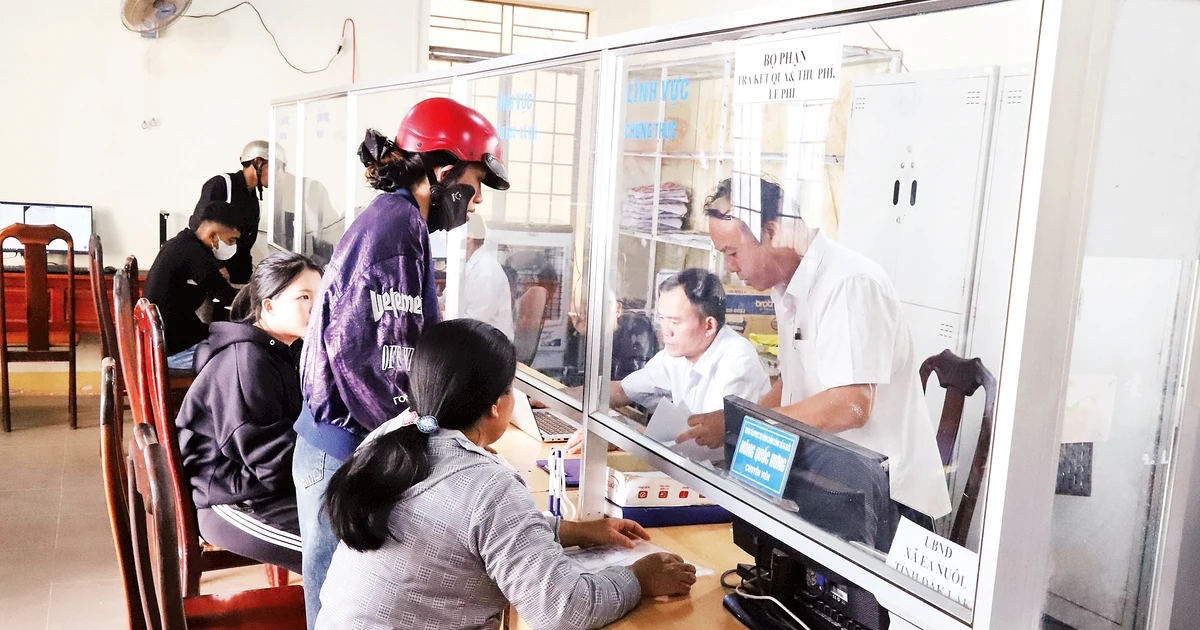
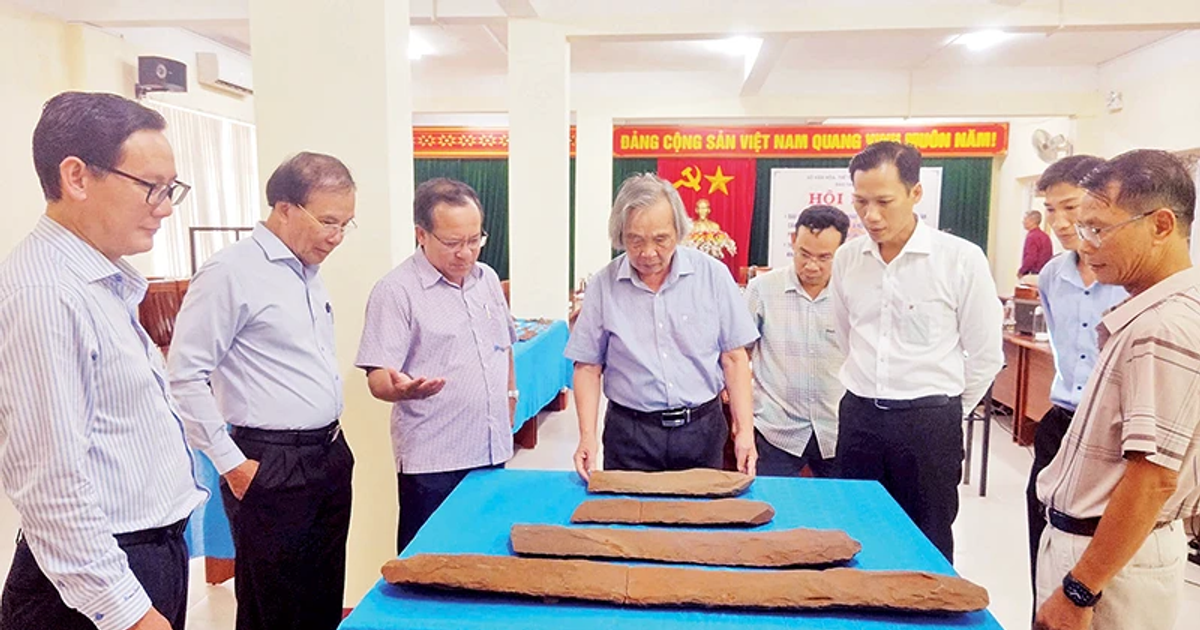


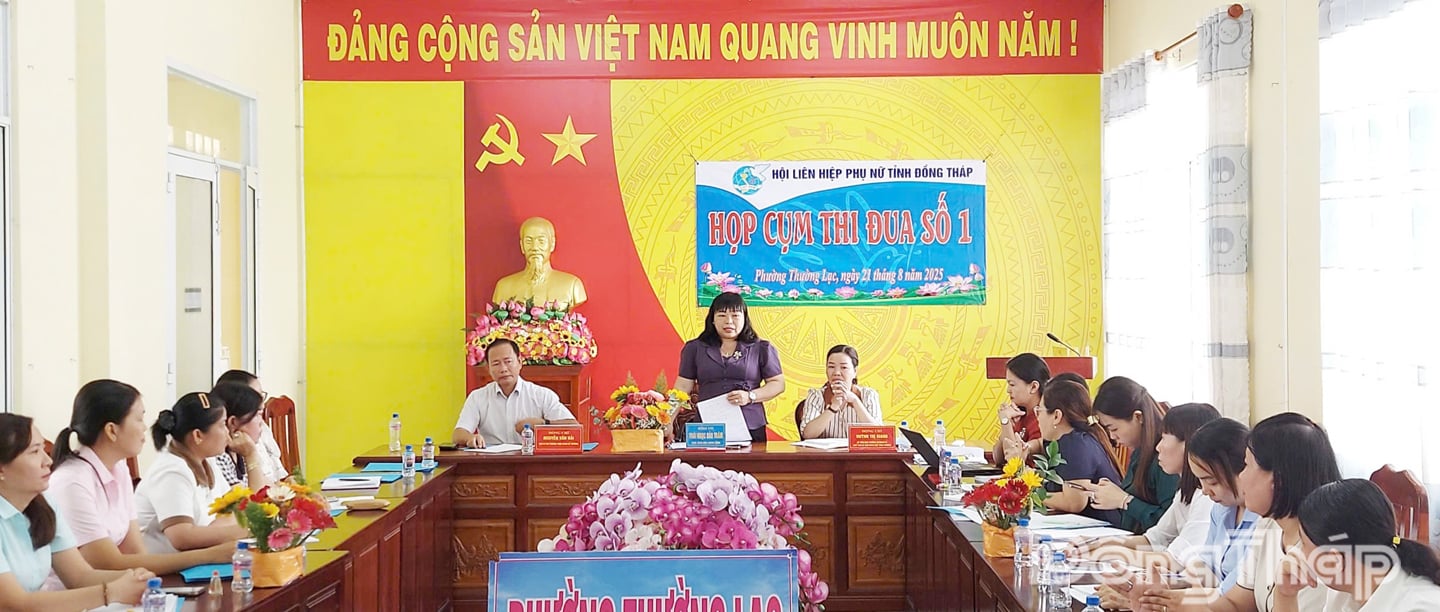











![[Photo] An Phu intersection project connecting Ho Chi Minh City-Long Thanh-Dau Giay expressway behind schedule](https://vstatic.vietnam.vn/vietnam/resource/IMAGE/2025/8/21/1ad80e9dd8944150bb72e6c49ecc7e08)







































![[Photo] Politburo works with the Standing Committee of Hanoi Party Committee and Ho Chi Minh City Party Committee](https://vstatic.vietnam.vn/vietnam/resource/IMAGE/2025/8/21/4f3460337a6045e7847d50d38704355d)
































Comment (0)